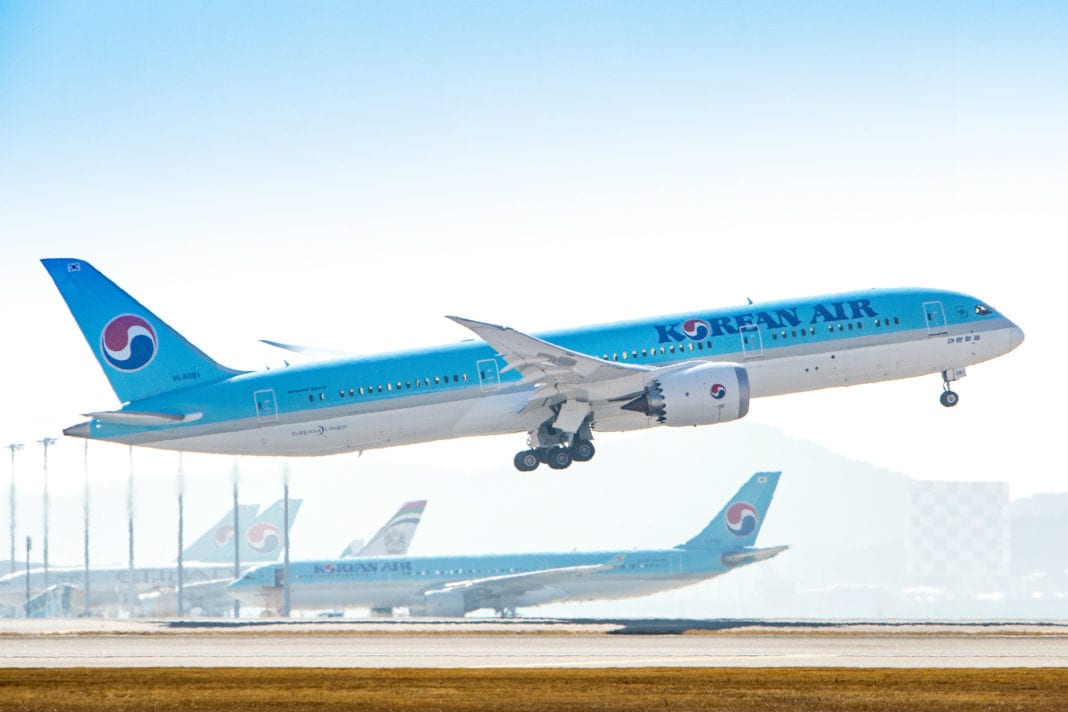Italy to lose 36 billion – €36.7 billion to be precise – due to the loss from the Italian economy because of the collapse of international travel during 2020. This is according to the latest research conducted by the World Travel & Tourism Council (WTTC).
The organization said the massive decline in the number of international travelers and tourists visiting Italy due to COVID-19 هڪ وڏي مرض آهي could result in international visitor spending dropping by a staggering 82%. This catastrophic loss to the Italian economy equates to a shortfall of €100 million a day, or €700 million a week, to the country’s economy.
جو رڪن WTTC recently called upon Prime Minister Giuseppe Conte and the other leaders of the G7 countries to urge for a coordinated approach to be taken to lead the global recovery response to the crisis.
The harsh impact on Italian travel and tourism is laid bare by WTTC as the economic fallout from coronavirus continues to burn its way through the sector. Some 2.8 million jobs in Italy which are supported by travel and tourism are at risk of being lost in a worst-case scenario mapped out by economic modeling.
Across Europe, in the worst-case scenario, that figure rises to more than 29 m (29.5 m) travel and tourism jobs. According to WTTC’s 2020 Economic Impact Report, during 2019, travel and tourism was responsible for almost 3.5 million jobs in Italy, or 14.9% of the country’s total workforce. It also generated €232.9 billion GDP, or 13% to the Italian economy.
گلوريا گويرا، WTTC President & CEO, said: “The economic pain and suffering caused to millions of households across Italy who are dependent upon a thriving travel and tourism for their livelihoods is evident from our latest shocking figures.
“The lack of international travel caused by the pandemic could wipe out more than €36 billion from the Italian economy alone – a loss of €100 million a day – from which it could take many years to recover. It could also threaten Milan’s position as global financial powerhouse for business, and Rome as a major leisure destination.
“International coordination to re-establish transatlantic travel would provide a vital boost for the travel and tourism sector. It would benefit airlines and hotels, travel agents and tour operators, and revitalize the millions of jobs in the supply chain which are dependent upon international travel.
“We must replace any stop-start quarantine measures with rapid, comprehensive, and cost-effective test and trace programs at departure points across the country. This investment will be significantly less than the impact of blunt quarantines which have devastating and far-reaching socio-economic consequences.
“Targeted test and tracing will also rebuild the much-needed consumer confidence to travel. It will enable the restoration of vital ‘air corridors’ between countries and regions with similar COVID-19 case rates.
“A fast turnaround test and trace system in place for all departing passengers means the government could consider reinstating travel between Italy and major international hubs, a move which would help kick-start the economic global recovery.”
Analysis of international travel spending in Italy during 2019 reveals it reached almost €45 billion, accounting for 24% of the total tourism spend in the country. Domestic travel spending last year was responsible for the other 76%.
A further breakdown reveals how crucial spending from international travelers during 2019 was to the Italian economy. Every month it accounted for €3.74 billion or €861 million a week – and €123 million a day.
Between 2016 and 2018, the largest inbound source markets to Italy were travelers from Germany, accounting for one in five (20%) of all international arrivals, with the US and France both coming in second with 8%, and the UK in third place with 6%.
Data for 2018, which is the most up-to-date available, shows how Rome is dependent on international visitor spending. It accounted for 66% of all tourism spending in the city, with domestic tourists making up the remaining 34%.
The US was the most important source market for the city with 18% of arriving visitors, with Spain in second place with 8% of arrivals, the UK in third place with 7% of arrivals, and Germany in fourth position with 6%.
The loss of this international visitor spending could have a profound long-term impact on the Italian capital for years to come. According to WTTC’s 2020 Economic Impact Report, during 2019, travel and tourism was responsible for one in 10 jobs (330 million total), making a 10.3% contribution to global GDP and generating one in four of all new jobs.
Some of the major European countries are not better off than Italy on the general tourism revenue loss: France 48 bln, Germany 32 bln, and UK 22 bln.
#بحالي سفر























